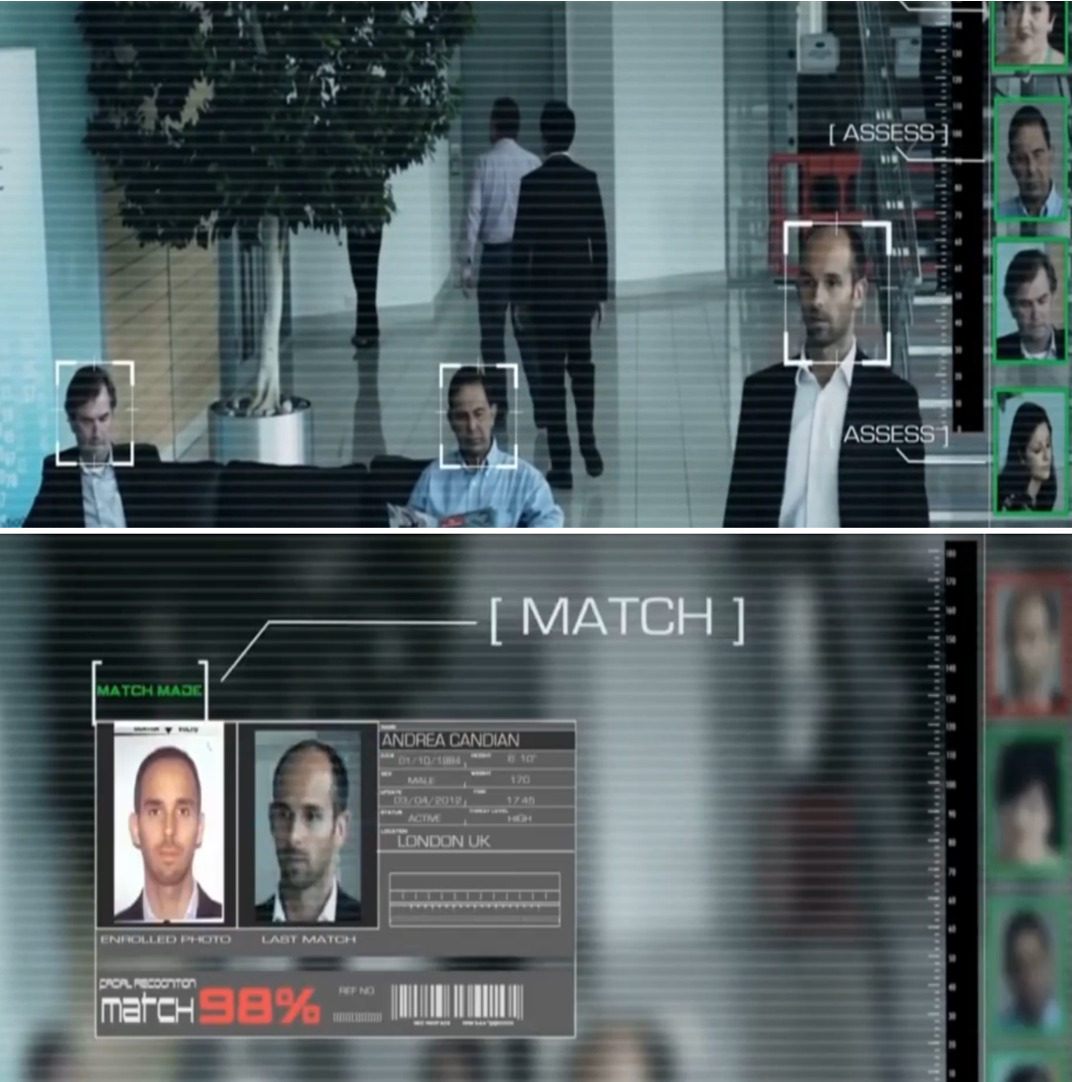Privacy or Security: Which one is essential?
Individual privacy is relatively a new perception compared with public security. For many years, people often treated privacy as a luxury or nice-to-have but not as a fundamental part of our lives. When people started considering the security of technology as a trade-off between individual privacy and public security, most people tended to accept security over privacy in the past years. But when the law enforcement agencies of governments are collecting enormous amounts of highly personal data from ordinary people to provide security against different kinds of attacks on the public, it is not only considered as an individual privacy issue but also becomes a security concern for the common people.

Major privacy issues while trying to ensure security
The accumulation of public data, especially by government authorities to provide public security while ignoring personal privacy, can cause major issues. One of them is the inadequacy of privacy has a scary effect on the difference of thoughts or originality. When people know that their every movement is observed by someone, they are afraid of experimenting with something controversial or apprehensive. In this era of different biometric recognition technologies like iris or face recognition or gait recognition with surveillance cameras, our every step is observed, so there’s no private scope anymore. For example, in western countries, when homosexuality wasn’t legal, then was it possible to stop that by enforcing laws and using pervasive surveillance? Although it’s still illegal in many countries. So, the point is, are we so sure that all of our rules and regulations are perfect and that our response to modern technologies by instantly regulating them with longsighted wisdom?
One of the major issues is the extinction of privacy for the common people, associated with the rich people’s privacy, which would always assist in supporting establishments and motivating corruption, conspiracy and capitalist economy. If the authorities have accessibility to anything protesters are saying and doing, then can we assume how convenient it is for the established authorities to stop them.
Another issue of lack of privacy is that artificial intelligence-based (AI) technologies are improving so rapidly, and it’s manoeuvring the common people based on their personal data. We can notice that advertisements are now way better than in the past because ad companies are now using AI techniques to optimize advertisements based on the human behavioural data and feedback loop. Of course, many promoters claim that this is superior to disliking the ads. So, privacy isn’t an individual luxury anymore when collected private data can be utilized to manoeuvre public opinion on a large scale, or rich people can use one-sided privacy data to disgrace common people while maintaining their own privacy.
A trade-off between Security and Privacy
For the last few years, a debate has triggered the trade-off between security and privacy. Supporters of government law enforcement surveillance agencies claim that security is more significant than privacy, and this kind of initiative facilitates the government to prevent terrorist attacks. But the hypothesis that the safety of common people needs the suppression of privacy is still not fully proven. Many people now argue that this kind of mass data collection using surveillance are violating our individual rights. Even though the legality of mass data accumulation is still being argued, the hypothesis that surveillance is the superior approach for alleviating terrorism is unfounded.
However, it’s critical for the researchers to measure the utility of surveillance because it mainly depends upon the individuals and their particular choices. The inherent human urge for existence may always induce the desire for security. Although, different people will urge various forms of safety. In the same manner, different people would like to pay for their security differently. Whereas it could be demonstrated that privacy infringement enhances public protection, individuals may differ greatly in how they favour security or privacy. For instance, some people could be attracted to “psychic profit” from surveillance. A psychic profit is a theory that defines a rise in a person’s satisfaction or convenience. Some people may give preference to surveillance beyond privacy since surveillance bestows a perception of safety. This is the illustration of subjective gain since the perception of security provided is not signifying the same value for all. Comparatively, subjective gain incorporates the value that someone sets on their deprivation of privacy as a result of unfounded data collection, inquisitive law enforcement representatives and local drones. Many people may be inclined to pay their earnings for an abatement in violence. At the same time, some individuals might choose to pay for building a new school in preference.
We can have a better trade-off between individual privacy and public security mainly in two ways. In one way, if the lawmakers treat invasions of privacy for the public benefit as exceptions rather than rules. Those privileges must also be legitimated by human rights law. On the other hand, if we can use privacy protection artefacts (PPA) such as adversarial patches/stickers, intelligent wearable devices, face masks, and makeup in our faces while we are moving in front of surveillance cameras in our daily lives. The PPAs can give users the authority to hide their identity by themselves from the facial recognition systems used in surveillance cameras. Research on sensor-level privacy protection approaches against facial recognition systems is relatively new in the biometric privacy research area. In our research project, PriMa (Privacy Matters), I’m working on the sensor-level privacy protection approaches against facial recognition systems. In some cases, we think that technology will surely undermine privacy but eventually, we humans, not technology, make that preference. The detriment of privacy is not unavoidable, just as its restoration is far from indisputable.
This blogpost was written by Md Rezwan Hasan. Since 2020, he has been working as a Marie Curie Early-Stage Researcher at the School of Engineering of the University of Kent, UK. His research within the PriMa ITN Horizon 2020 project aims to investigate and develop emerging and future approaches to sensor-level facial identity hiding.

